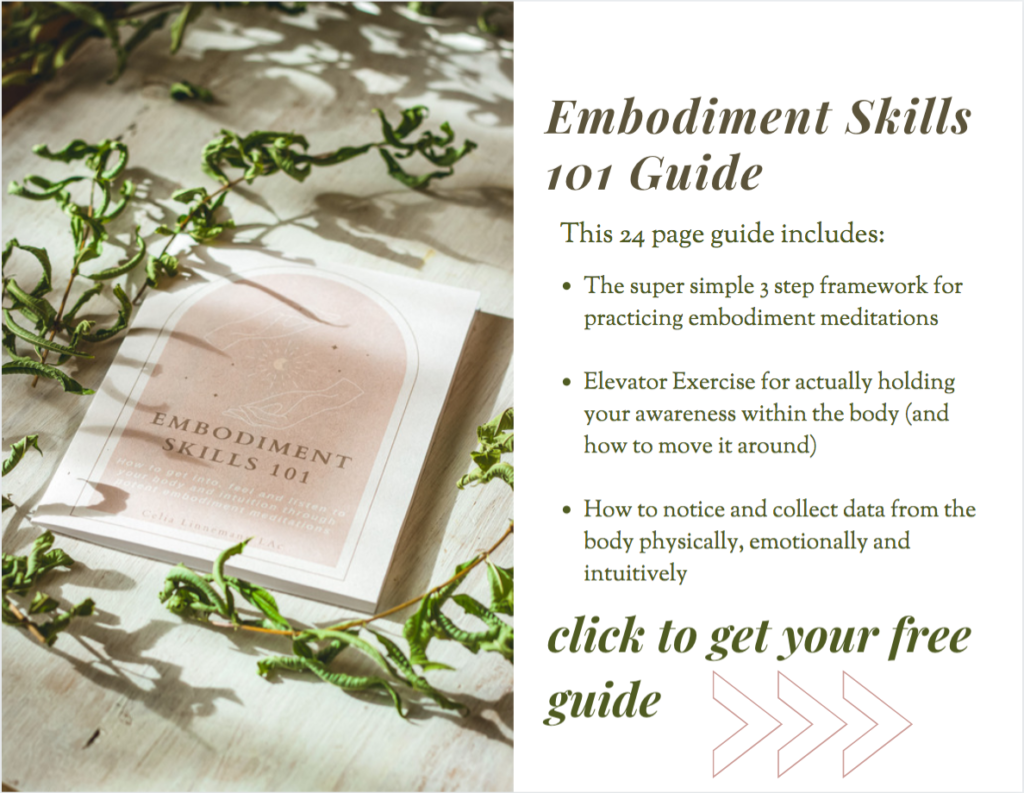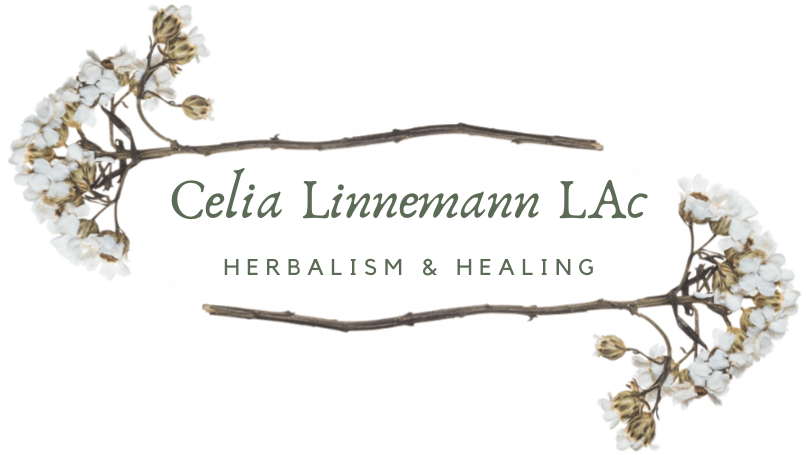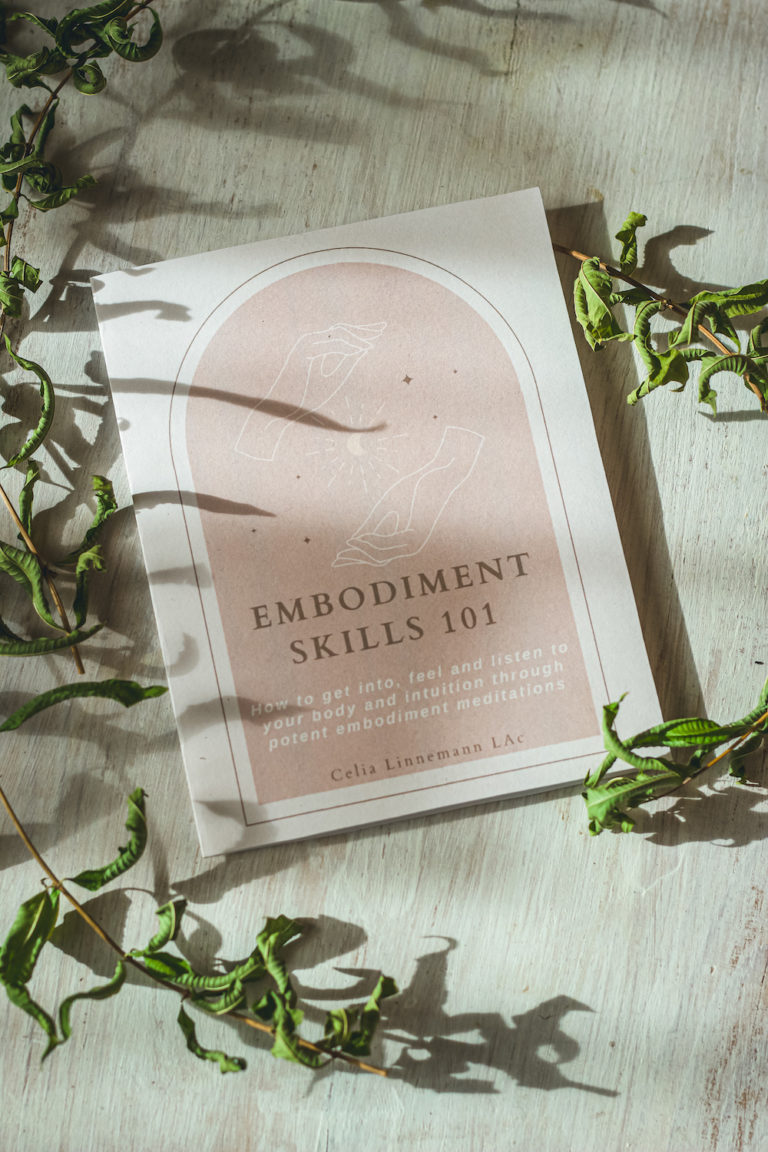Why it’s not helpful to shame an empath for having bad boundaries
One thing I’ve noticed since returning to IG are variations on this statement: Empaths are just people who have bad boundaries. As if the only distinguishing feature of an empath is that it is someone with “bad” boundaries. Not only is that not true, it is not helpful – it is harmful to shame anyone, Empath or not, for having so-called “bad” boundaries.
It’s making appearances into offline life, too. At a Zoom meeting the other day, sure enough, someone said, “I practice fierce boundaries. Empaths are just people who have bad boundaries”.
In this article, I will go over some ways that the commentary of Empaths boundaries is simply not kind.
My first inclination is to think that people simply don’t know what an Empath is, and how they became an Empath.
I do, however, tend to give people the benefit of the doubt, and I often naively think that if they learn more, they will change their heart. Once I had a boyfriend who did not believe I had incredibly painful carpal tunnel. It turned out he was a jerk, rather than simply being uneducated about what carpal tunnel was or how painful it could be.
Maybe in the end it comes down to the fact that people just don’t like Empaths? There is a lot of Empath backlash, that is for sure. And there are shadow aspects to being an Empath, like thinking that Empaths are more moral, compassionate or special (none of these are true – being an Empath is just one way to gather intuitive data, nothing special, more woke or moral than not).
Or maybe I’m just too sensitive and it shouldn’t bother me (Empath joke 🙂
Well, I for one love Empaths. They understand what it is like to be highly sensitive in a punitive, emotionally cut-off and shaming world, which is often painfully challenging. And Empaths feel the truth that we are all connected, and that the things that appear to separate us from one another are not as fixed as they may seem.
Here is an overview of a few of these reasons I find it harmful to criticize and shame an Empath that I will go into within this article.
Reasons why it’s not helpful to shame an Empath’s boundaries:
- Shame is harmful. Period. Empaths have most likely experienced a lifetime of being shamed for their emotionality. Making comments on their boundaries continues the shame for feeling emotions and expressing emotional needs narrative, which is harmful for all of us.
- Being an Empath is a sensitivity like (but separate from) ASD (Autism Spectrum Disorder), HSP (Highly Sensitive Person), SPD (Sensory Processing Disorder), having physical or environmental sensitivities and so on… Empaths are neurologically wired to be emotionally resonant with people and things around them. It’s how their brain, neurology and biology are.
- Being an Empath is a survival adaptation to trauma. Some are born Empaths, but many times they experiencing trauma and developing Empathic abilities for their own survival.
- Empaths lack cultural and community support systems. Empaths, in addition to the majority of modern people, did not have access to culturally appropriate support systems to help them master their ability to resonate with emotions.
- It’s not just a boundary issue. Technically speaking, Empaths are more often closed down with their boundaries by being shamed for their sensitivity or by feeling too much without support. By saying they have “bad boundaries”, Empaths will constrict and more problems can occur.
I believe that perhaps if people understood what an empath is, how empathic abilities developed and why having better boundaries is not a solution, they would not be shaming others for their bad boundaries.
Let me know what you think, I’d love to hear if you have seen celialinnemann@gmail.com

PERSONAL DISCLAIMER: Former Empath in Hiding
I generally do not identify publicly as being an Empath, although I completely am.
Typically, I do not like to use labels like “Empath”, “HSP”, “Psychic”, “Intuitive”, “Sensitive” or even “Witch”, “Herbalist” or “Healer” to describe myself, because we all are more than a single word. Also, these terms mean different things to different people, so I do not think using terms are always accurate as a community honing device.
However, I recognize that identifying with a group of similar people can help create safety and community. So if you publicly identify as an Empath, I think that is totally fine.
I also do not call myself an Empath frequently because of the general disregard people have for emotions, sensitive folks and Empaths – by not coming out as an Empath, it helps me hide and protect myself.
Over the years, I have internalized the shame about being an emotional person. Growing up, I completely cut myself off from emotions and avoided vulnerable situations because it was too much to feel. At age 18, I read this book and taught myself emotions from a top-down approach (such a Moon in Aquarius thing to do :).
Years later when I was completely struggling with the further opening of my psychic abilities, spiritual awakenings and initiations (which are very painful and sometimes disabling), I would brow-beat myself about having Such. Bad. Boundaries.
Why can’t I just be like normal people with healthy boundaries?
I’m just another one of those annoying Empaths with bad boundaries, I always do everything wrong.
No matter how hard I try, my boundaries are still bad because I’m still feeling too much, what’s wrong with me?
I’m not supposed to feel or heal anyone else but me, I have such bad boundaries.
It’s not my job to feel other people’s feelings. It’s wrong for me to be an Empath.
I am just so unskilled, immature and undisciplined.
Not only is this not kind to myself, it is very NOT helpful. A more balanced approach for an Empath, HSP or Intuitive/Psychic is to practice skills (like discernment), to systematically learn to work with what is coming at them or through them. (Check out the books from Mary Mueller Shutan I reference below for some of those skills).
So many more articles are in the works from me about feeling into emotions and using them for intuitive data, which is very much in the realm of being an Empath. But things are slow around here… I am 3 months into treating Lyme co-infections and the exhaustion and illness that has come up is immobilizing at times. And now my computer has the Black Screen of Death (yes, that is a technical term) so I can’t get to my writings. Someday…
I have talked a little about the further opening of my intuition in this post about how my health story brought me to Chinese medicine and herbalism.
And I also mention intuition throughout my free Embodiment Skills 101 Guide.
Okay…now that you know where I am coming from, let’s get into some of the key points I summarized above about why it is not helpful to judge an Empath’s boundaries, starting with talking about shame.
1. Shame is harmful. Period.
Empath Shame
I’ll get into what an Empath is and how they became that way later. For now, let’s begin with a few Brené Brown quotes, shall we?
Shame – Based on extensive research, Brené defines shame as the intensely painful feeling or experience of believing that we are flawed and therefore unworthy of love and belonging. We feel like something we’ve experienced, done, or failed to do makes us unworthy of connection. Shame often leaves us feeling immobilized, or worse, feeling ready to strike out as a way of offloading the pain of disconnection.
“Shame is: I can’t let you see these pieces of me because it will cause disconnection.”
“How do we practice courage in a culture where we are incredibly afraid of not fitting in?”
“Empathy is about being vulnerable with people in their vulnerability.”
“Shame breeds 3 things: fear, blame and disconnection.”
“Stories are only a form of compassion when someone is listening to and hearing us.”
No one should be shamed, Empath or not. When it comes to Empaths (or anyone, but in this case I am focusing on Empaths), they may have already created shields and armors around them to try to mitigate all that they feel, which creates more problems. Being shamed will further that response.

What are Empaths and how did they become so sensitive?
An Empath is someone who emotionally resonates with their surroundings.
Most everyone has empathy, but not everyone is highly empathic, which is a form of a sensitivity. Empaths feel what is around them, and they match their own emotional state to what they sense.
Mary Mueller Shutan writes in her book The Spiritual Awakening Guide that Empaths are like emotional chameleons. I recommend that book, along with another one of hers, Managing Psychic Abilities, where she explains that being empathic is one of many intuitive skills or abilities.
Being an Empath can be present on any one of the 4 levels of being sensitive to intuition, which are HSP or highly sensitive person, mildly psychic, moderately psychic, highly psychic. You can be sensitive or psychic without being an Empath or having empathic abilities infrequently.
2. Being an Empath is a valid sensitivity
Genetics/temperament and neurological adaptations due to trauma are the main ways people become Empaths.
Genetics or Temperament Empaths – born that way
You may be wired for being an Empath from the start. Perhaps it is a family trait.
However, I think it is often a combination of being born sensitive or prone to sensitivities with the experiences of stress or trauma. Not everyone who had trauma is an Empath of course, it’s just that some people have that tendency readily available for expression.
3. Being an Empath is an survival adaptation to trauma
Trauma-induced Empaths
Imagine that someone who has normal empathy puts themselves in the shoes of another to try to understand what they are going through. That is easy to entertain.
Take this a step further to understand the trauma-induced Empath.
Now imagine a child who had to scan the people and environments around them to assess their safety, not once but continually. Or, imaging a person of color or someone with a non-normative gender or sexuality continually assessing if they were safe while having to navigate a world that often harms them.
The developing brain of a child in this case may wire in Empathic abilities as a safety mechanism. Of course, Empathic abilities can occur during adulthood, often induced by trauma as well. Accidents or experiences that alter the brain, or threats to the body like near-death experiences can change your perceptual abilities and sensitivities.
Mary Mueller Shutan, from Managing Psychic Abilities (p 31) explains it like this:
“Our childhoods have a huge impact in how we see the world. People who have endured severe or moderate childhood abuse or trauma are more sensitive. This is a basic biological survival mechanism that was enacted during an abuse cycle in order to simply survive. When we were children we had to notice more, see more, hear more, feel more, because it allowed us to survive a more diffusely situation we could not escape.
“When we are under periods of stress, our nervous systems trigger our ability to notice more stimuli in our environment. Since our childhoods shape and develop the way we see the world, this trauma response creates a highly sensitive and psychic child. Since much of the programming that is developed in early childhood follows us for the rest of our lives, trauma in infancy and early childhood leads us to notice more stimuli and become more sensitive or psychic”.

4. Empaths lack cultural and community support systems
In the past, children who showed signs of being on the intuitive spectrum were taught how to manage these abilities by knowledgeable adults — and this is still happening in some more traditional cultures and communities around the world. But in general, we do not have much tolerance or caretaking for non-normal abilities and sensitivities in modern society.
I’m probably being a big Empath here, but this makes me really sad. Pre-contact, pre-Christian, pre-colonial people had ways to caretake each others’ gifts and skills. Now Empaths are lacking support (again, lack of support is systemic, not just an Empath problem). As children, they must conform to a non-emotionally accepting world around them, where we are often punished for feeling too much.
We don’t even have support for tending children in general – leading to all sorts of emotional wounding and attachment issues, Empaths or not. We hardly have the time in our capitalistic ways to tend to typical emotional needs, let alone those of Empaths.
Again, this is for another post, but this means that we as Empathy must learn to caretake ourselves and tend to our own skill building to be functional, and once integrated and confident, share our unique perspective with the world around us.
From Mary Mueller Shutan:
“Anyone who has experienced trauma [that led to developing Empath abilities] must learn to take responsibility for their emotional balance and learn to regulate their nervous system, in addition to acquiring tools to manage their psychic abilities.”


5. It’s not just an boundary issue
Oh, boundaries. They are very important. And also boundaries are a trendy thing to talk about nowadays.
The one thing I want you to know is that it’s not a blanket case of Empaths having “bad” boundaries, because each individual has something different going on.
You see…Empaths are never not going to feel. That’s why saying they need better boundaries is not helpful. It’s not a boundary issue with the out-of-balance Empath, it is a dealing with the data they feel and how they respond to them issue. And that is personal and nuanced, often trauma-induced and shame-ridden.
The boundaries of Empaths are often constricted due to the need or desire to shut down, and things are stagnant. Things need to flow more for the unskilled Empath. And that’s a whole ‘nother issue and set of energetic skills.
Respect the nuance of personal boundaries
I would encourage those of your who are Empaths to define your own boundaries and your own experiences. Perhaps in another post I can suggest ways to do this. But begin with thinking of when you feel your best.
I bet it is when you are indeed feeling into and resonating with your environment, as Empaths do, but it includes a high amount of things that make you feel grounded and good, like working with plants, creating or expressing, getting into your body, contributing through a work setting, community or home, and having personal spiritual practices.
Once in my journey where I felt my resonating with the things around me was too much, I really tried hard to have frequent clearing and boundary and protection practice. At that time, I still believed it was wrong for me to be a feeling person and wanted to practice really good boundaries to fix that feeling-too-much problem once and for all.
You don’t have to conform to Non-Empath boundaries
The funny thing is that boundaries are vague and symbolic and also so very personal, and they depend on how you are wired. “Wired” is a term I use frequently to describe your nervous system set-up combined with your contract or reason for being here in the first place. It shows your tendencies.
The important thing to know is that our entire energy system is going to behave in a wide variety of ways. So don’t expect your boundaries to be like anyone else’s.
Once I tried vary hard to have “good” boundaries, which I was modling after non-empath boundaries.
The more clearing, protection and boundaries I practiced, the more things I would feel. I interpreted this as evidence that I really did have bad boundaries and that I needed to work on them even more.
Then I started a prayer practice to help me work with some of the intense emotions I was having. All this energetic boundary work and prayer contributed to a massive amount of emotions that were not mine to come through me. It was a cloud of emotions about as wide as the US and 30 years deep.
Luckily, it flowed through without any problems and was over in a matter of minuets, but I became frightened that it would happen again with something I wouldn’t be able to handle.
It was an inverse relationship. All that boundary and prayer work prompted me to be ready to open to more.
That experience taught me a lot. It is very nuanced and I am still unpacking it. If I wanted to take on a lot of healing work, I see that that could be one way (I think the prayer was the key, not the boundaries…but the boundary work brought up a lot of emotions that led me to seek support during prayer work). But the biggest take-away is that it was not necessary for me to work on my boundaries so much.
Can you choose NOT to be an Empath?
If you have tendencies to channel, communicate with spiritual realm which includes working with guides, mediumship or psychopomp abilities, working with past lives, soul piece recovery or working with plants, and so on, actually it IS in your skillset to feel into other energies. (You don’t have to be an Empath to do that – could be clairsentient or any other number of ways).
Yes, there are ways to become in balance with sensitivities of all sorts. But it does take work, and an Empath’s boundaries are NEVER going to be like an empathy-typical person’s (aka Non-Empath).
Some people say that they are former Empaths, Recovered Empaths, or Ex-Empaths. I see what they are talking about. You can get a grip on the out-of-control Empath patterns and change how they express for you. I often feel that way – that is part of the reason I don’t identify openly as an Empath, I often forget that I am because it’s not a big deal for me much of the time.
I can certainly choose to NOT be the type of Empath that I don’t want to be. I believe that is a part of what these Ex-Empath stories are about.
It is important to note that some of the Ex-Empaths out there have done a lot of work on the spiritual realm, with the help of spiritual helpers, to completely re-write their contract for this life to get rid of the line that said “EMPATH”. While I think that is neat, it is highly skilled and complicated spiritual work that the majority of people are not going to have access to.

Rejection of the Empath self due to denial
Have you ever met an Empath who has no clue what that is?
Sadly, I think many people who are Empaths are so shut off from their feelings that they are removed from their Empathic nature. Think of all the people who identify as boys and men who are not allowed to have emotions (this happens to everyone, but I have seen it happen to boys quite a bit – they are allowed to rage but not allowed to be sad or cry).
If you think it is annoying to be around Empaths, try stepping into their shoes
Isn’t that a typical thing for an Empath to say??!!
Not only am I intuitive/psychic, I am also an HSP, a highly sensitive person, I have some synesthesia (taste, and smells often give me a sensation, and sometimes I see colors of tastes), I am sensitive to many environmental stimuli and I am sensitive within my body.
I have had a limbic system imbalance in which my brain tried to protect itself through developing POTS (chronic debilitating light-headedness and dizziness) and I’ve been very sensitive to cleaning products, diesel exhaust, electricity and foods of all kinds. Part of this POTS was very physical, however – Lyme disease which I have suppresses the immune system and can tigger all sorts of aberrant reactions and sensitivities. Just smelling a cookie would give me joint pain. One bite of apple crisp with white sugar gave me a 2 day full body migraine.
When I was a kid, I would constantly take my socks and shoes off because they would bother my feet…and this is only the tip of the iceberg of how I was an overly feeling type of kid.
I really wish I was normal, too. I wish I didn’t have any sensitivities because they annoy me, too.
You can work with your Empathic abilities
Some sensitivities can be worked with and changed. On the other end of the spectrum, sometimes we don’t have much choice in controlling whether we have them or not. It’s really individual.
Empaths can change the way the work with those abilities, and they can change the way they relate to the problems that come along with being an Empath.
Both of these things are doable, although they require real consistent work. But you cannot easily turn the empathic ability off completely.

What can we do instead of commenting on another’s bad boundaries?
Overall, we tend to make blanket statements in infographics on IG than to speak directly to those in our lives about what is bothering us.
Overall, we are shut down about the heart and emotions. We tend to reward non-emotionality and punish excess emotionality. If we are to create a world without excessive violence, we need to stop those patterns in our everyday life. Which includes shaming people on the internet about their neurological makeup.
I know it’s hard to accept that some people can supposedly feel more than other people. Especially when it may seem that Empaths may have the capacity to be more moral, more compassionate or more caring than non-Empaths.
PS this is not true – empathy, like intuition, is a survival skill and not inherently spiritual. Empathy is a means to compassion but does not equate with compassion. Being an Empath simply means you resonate emotionally with things around you.
If you can see that being an Empath is an inborn neurological trait, may of been triggered by trauma and would’ve been met with a culturally appropriate toolbox during the most ripe time of childhood development in times past (that we are often lacking nowadays), perhaps you will feel different.
Thanks for reading. I’d love to hear what you think about Empath shame and boundaries. In the future I will write a post with some of the basic skills useful for Empaths.
For now, listen to your own body, it has a lot to say.
If you are interested in getting started with body meditations to feel into your body (and hear what it has to say) check out my Embodiment Skills 101 Guide:

Resources:
Adding Shame, Guilt, Humiliation, Embarrassment, Empathy, and
Self-Compassion to the Social Emotional Learning Vocabulary pdf download here
The Shame of Being an Empath by Jenn Bovee










One Comment